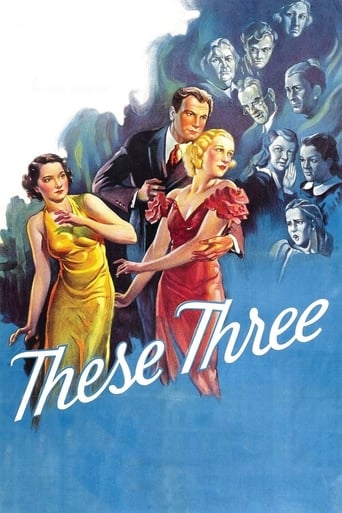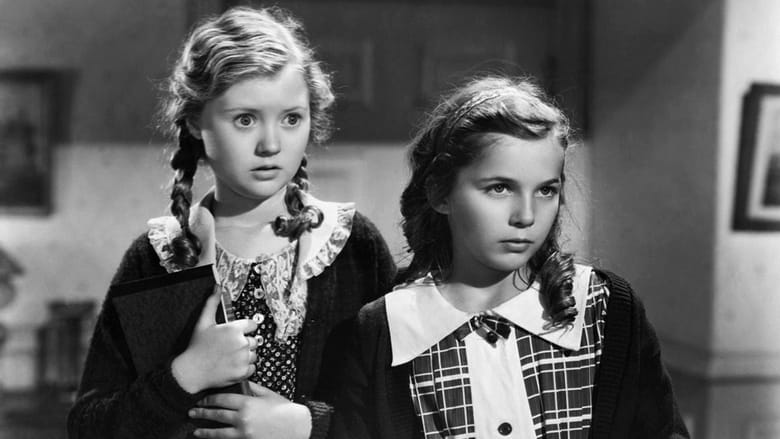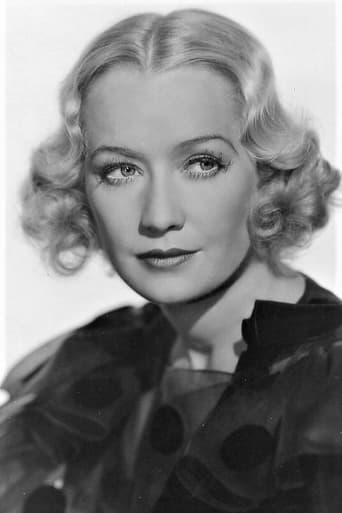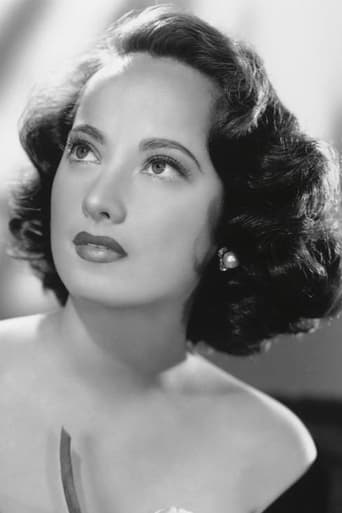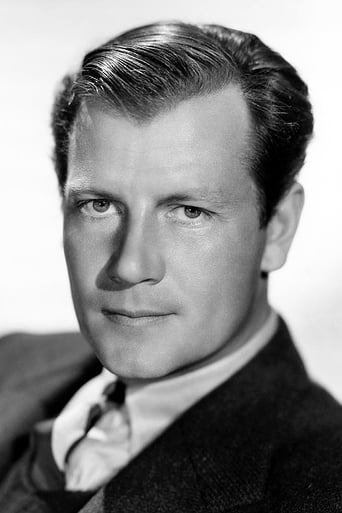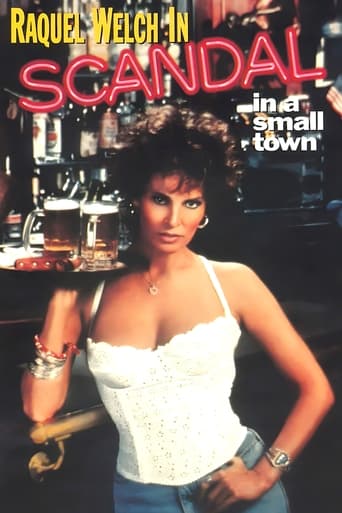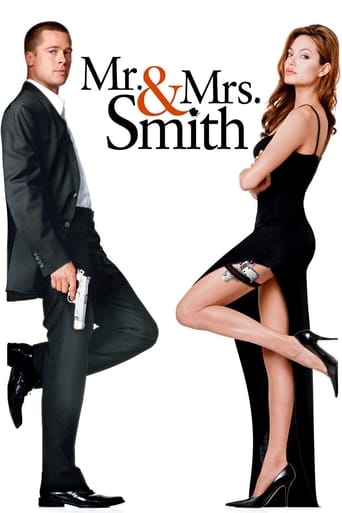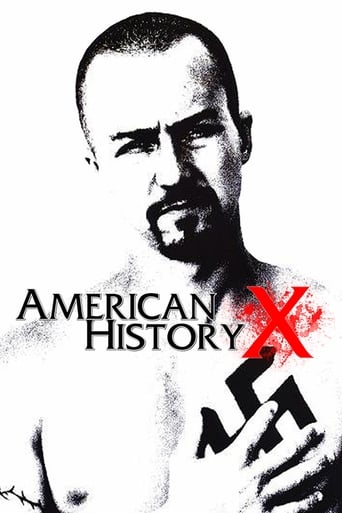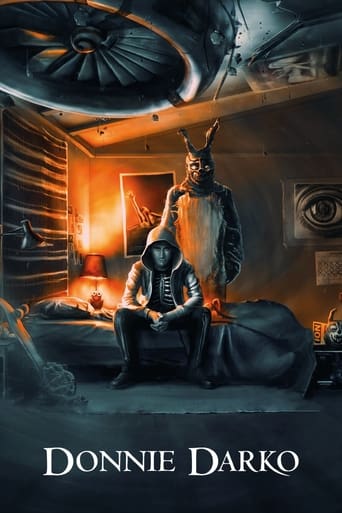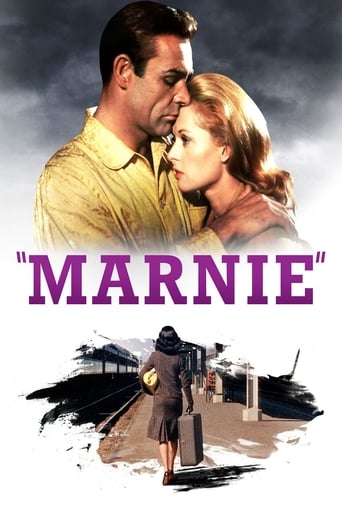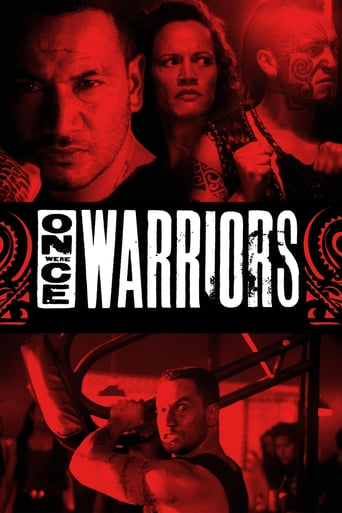These Three (1936)
Martha and Karen graduate from college and turn an old Massachusetts farm into a school for girls. The friends are aided in their venture by local doctor Joe Cardin, who begins a relationship with Karen, and a prominent woman whose granddaughter, Mary, later enrolls in the new school. Mary soon reveals herself to be a spiteful child and tells a scandalous lie about Martha and Joe that threatens to destroy the lives of all involved.
Watch Trailer
Free Trial Channels
Cast


Similar titles
Reviews
It really made me laugh, but for some moments I was tearing up because I could relate so much.
A movie that not only functions as a solid scarefest but a razor-sharp satire.
The storyline feels a little thin and moth-eaten in parts but this sequel is plenty of fun.
Through painfully honest and emotional moments, the movie becomes irresistibly relatable
Two friends (Miriam Hopkins and Merle Oberon) open up a school to teach young girls. Along the way Oberon falls for a handsome young doctor (a ridiculously pretty Joel McCrea). Unfortunately there's an evil young woman in school (Bonita Granville) who spreads a lie saying that Hopkins and McCrea are lovers behind Oberon's back...and their lives are destroyed.Cleaned up version of "The Children's Hour" by Lillian Hellman. In the original play the two women were accused being lesbians...but that couldn't be done on the screen in 1936 so they turn it into a love triangle. The play was filmed faithfully in 1962 by the same director. Still this movie is very good on its own. The dialogue is almost identical to the play with minor changes. The acting is great, it moves very quickly, McCrea is impossibly handsome and it just draws you in. Well-directed too. The 1962 version (under "The Children's Hour" title) is good too but this is well worth seeing. Recommended.
In Lillian Hellman's original play, THE CHILDREN'S HOUR, the scandal involved lesbianism--certainly NOT a topic they were allowed to address in Hollywood in the strengthened Production Code era. Starting around 1935, Hollywood bowed to pressure to clean up the movies and feature more wholesome images. While today some see this as a totally negative thing, you must understand that nudity, violence, crudeness and very adult topics were frequently used in films and there was no rating system. So, kids might go to the theaters and see rather graphic nude swimming scenes (TARZAN AND HIS MATE and BIRD OF PARADISE are good examples) or Frank McHugh giving someone "the finger" (PARATROOPER). As a result, SOME sort of system needed to be created, though I will admit some of the resulting products from Hollywood were a bit bland. In regard to THE CHILDREN'S HOUR, there was no way the studios would be allowed to discuss homosexuality during this era, so they changed the allegations to promiscuity between a man and a woman. This did NOT appreciably alter the play nor its impact and reportedly Miss Hellman was happy with the film despite this minor change--minor in that it resulted in only minor alterations to the script and kept the overall message intact.The resulting film, THESE THREE, was produced by David O. Selznick, directed by William Wyler and starred Miriam Hopkins, Merle Oberon and Joel McCrea. With this terrific combination of talents and the Hellman script, it certainly isn't much of a surprise that the film was excellent throughout--and one of the better pictures of the 1930s. About the only negative at all about the play was the performance of young Bonita Granville. While generally very good (earning her an Oscar nomination), it was at times also a tad over-the-top--and she acted so histrionic that you wonder what sane person would believe all of her lies!!! If this had been toned down just a bit (making her a little more subtle), the film would have earned a 10. As it is, it's still a terrific film with an original and wonderful script.
(Semi-spoiler below)There is one reason why this "sham" is better than the more literal 1962 remake of "The Children's Hour": Lillian Hellman. At least producer Sam Goldwyn had the taste and foresight to hire her to bowdlerize her own story! Perhaps sensing a potential disaster, Hellman reached deep inside for a do-over that would preserve the integrity of her play. She succeeded in part by playing up the romantic tension to the hilt against the morals of the day. Although "These Three" is as heterosexual as it gets, its details are quite sordid according to its dated upper-middle-class standards. The adult performances are fine; Miriam Hopkins is indeed the best, but director William Wyler even makes a solid performance of Merle Oberon's haughty reserve. Here, it only reinforces the taboo proceedings.Hellman really shines in her reconception of the evil child, one of the most disturbing, if infrequent characters in the history of storytelling. She does so more unflinchingly than Hollywood would again attempt until the (inferior) "The Bad Seed" (1956). Hellman makes the bargain foolproof by way of a unique pathology: the worse things get for Bonita Granville's character, the smoother and more damaging are her lies. This is her unforgettable talent. "These Three" is not quite a great movie; it's an excellent filming of a stage play. Still, as played by Bonita Granville, Hellman presents one of the most brilliant characters I've ever seen on the silver screen. Can you imagine how much better so many movies would have been with such simple yet ingenious insurance against plot holes?Of course, extraordinary directing and acting are needed to make such a gambit pay off. Wyler and young Bonita deliver, as others have stated.
The power of a girl's lie is at the heart of the story involving two school teachers and one man.Lillian Hellman's THE CHILDREN'S HOUR was a play about lesbianism, reportedly based on an occurrence in a Scotland school in the 1800s in which two teachers were the focus of a rumor in which they were involved in a too-close-for-comfort affair, a scandal for the times. The fact that William Wyler in 1936 decided -- because of the Code's policies of the time -- to drop the lesbianism and instead opt for emphasizing the issue of gossip (regardless of what kind of gossip) as per one of the more malicious girls only emphasizes the themes of the movie version. And the fact that Oscar nominated Bonita Granville plays her sheer nastiness with so much relish only makes it the more disturbing when she resorts to blackmail to force Marcia Mae Jones (equally brilliant) to keep up with her lie, because even in the face of truth she will not let up, until of course she is humiliated by Agatha (played by the future Wicked Witch of the West, Margaret Hamilton) and will have to face the consequences of her actions.A great story that only vaguely hints at lesbian overtones, THESE THREE is very moving and for once Miriam Hopkins plays a truly likable character, as she was mainly known for having a rather icy presence. Her character thankfully does not kill herself as the play would have it, and her final scene as she walks out in triumph makes for a strong exit in the face of slander. Merle Oberon and Joel McCrea both acquit themselves in their roles though would be more known for future films, and overall, an intense movie-viewing experience.

